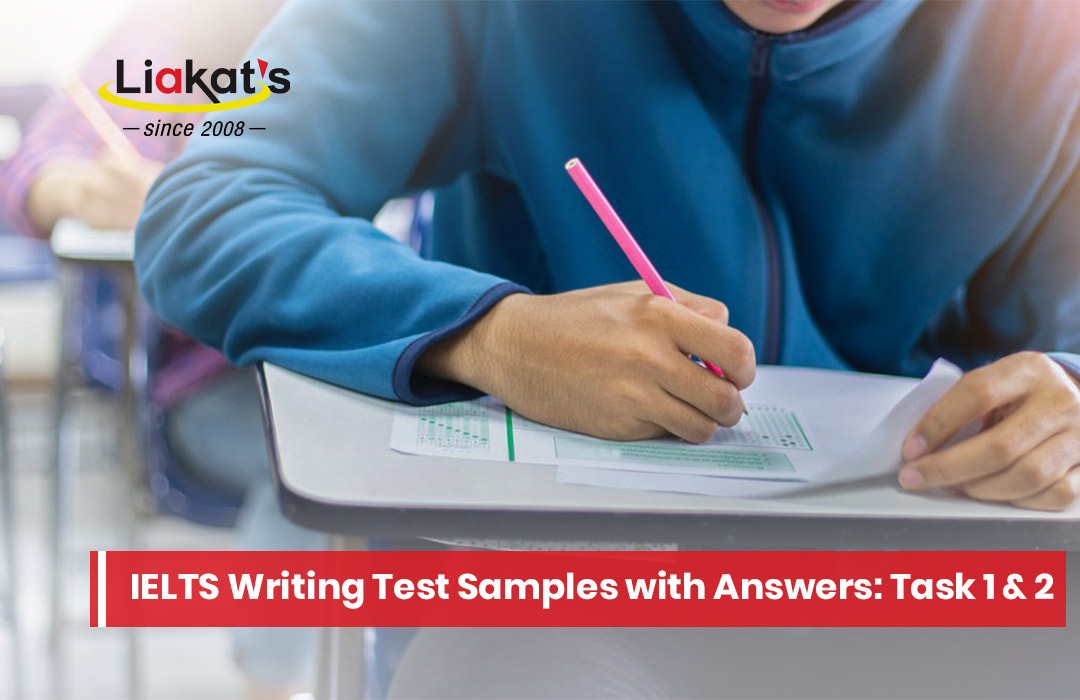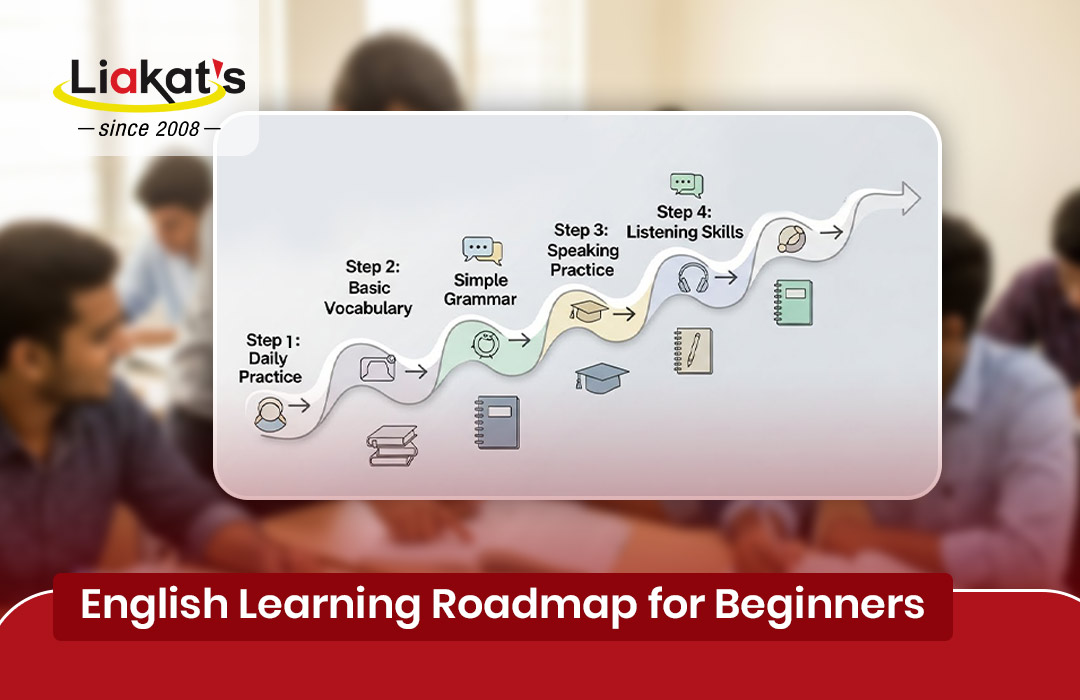What to Expect in the IELTS Writing Test
The IELTS writing test is one of the most challenging parts of the exam, but with the right preparation, you can succeed. It has two tasks: Task 1 and Task 2. In Task 1 (Academic), you need to describe visual information like graphs, charts, or tables, while in Task 1 (General Training), you must write a letter. Task 2 requires you to write an essay in response to a question or statement.
The total time for the IELTS academic writing test is 60 minutes, and you must divide your time wisely. Many students lose marks because they do not understand the structure of the test, so practicing with IELTS writing test samples with answers is the best way to build confidence.
IELTS Writing Test Samples with Answers for Task 1
In Task 1 Academic, you may see a graph comparing sales over time. Your job is to describe the main trends, differences, and comparisons in 150 words. For example:
Sample:
The line graph shows a steady increase in coffee consumption in Europe from 2000 to 2020, while tea consumption slightly decreased. Overall, coffee remained more popular than tea throughout the period.
In Task 1 General Training, you might need to write a letter to your landlord about a repair request.
Sample:
Dear Mr. Smith, I am writing to inform you that the heating system in my apartment is not working. I would appreciate it if you could arrange a repair at the earliest convenience.
IELTS Writing Test Samples with Answers for Task 2
Task 2 requires at least 250 words and carries more weight in your overall score. Here is a simple example:
Question: Some people believe technology has improved communication, while others think it has made communication less personal. Discuss both views and give your opinion.
Sample Answer:
Technology has transformed the way people connect. On the one hand, it allows instant communication through emails, video calls, and messaging apps. On the other hand, many argue that face-to-face interactions have decreased. In my view, technology offers more benefits because it helps people stay connected across distances, although we should balance it with in-person meetings.
Practicing IELTS writing test samples with answers like this will help you understand how to structure your essay and improve your score.
Common Mistakes in the IELTS Writing Test and How to Avoid Them
- Writing too few words → Always check the word count.
- Memorizing answers → Examiners can easily recognize memorized content.
- Not addressing the question → Focus on the exact topic given.
- Poor grammar and vocabulary → Use a range of sentence types and avoid repeating the same words.
Avoiding these mistakes can make your IELTS writing test performance much stronger.
Scoring Criteria: How Examiners Mark the IELTS Writing Test
Examiners score your writing based on four main criteria:
- Task Achievement – Did you answer the question completely?
- Coherence and Cohesion – Is your writing logical and connected?
- Lexical Resource – Do you use a wide range of vocabulary?
- Grammatical Range and Accuracy – Are your sentences accurate and varied?
Each criterion is worth 25% of your score, so balance is important.
Time Management Tips for the IELTS Writing Test
Time management is key to success. Spend 20 minutes on Task 1 and 40 minutes on Task 2. Always leave 3–5 minutes at the end to check grammar and spelling. Using practice IELTS writing test samples will help you build a natural sense of timing.
Useful Vocabulary for IELTS Writing Test Success
Strong vocabulary improves your band score. Examples include:
- For comparisons: whereas, in contrast, similarly
- For opinions: I strongly believe, it is widely accepted
- For trends: increased significantly, remained steady, declined sharply
Using these words in the IELTS writing practice test makes your answers more professional.
Writing Test Samples with Answers You Can Learn From
The best way to prepare is by studying real IELTS writing test samples with answers. Look at band 7–9 responses and analyze their structure, vocabulary, and coherence. Try to rewrite them in your own words. This active learning method helps you remember key strategies for exam day.
Conclusion
The IELTS writing test is challenging, but with practice, you can achieve your target band score. Focus on understanding the test format, reviewing IELTS writing test samples with answers, avoiding common mistakes, and improving your vocabulary. With consistent effort, success is within your reach.
Frequently Asked Questions
How long is the IELTS writing test?
It lasts 60 minutes in total. Task 1 takes 20 minutes, and Task 2 takes 40 minutes.
How many words do I need to write?
At least 150 words for Task 1 and 250 words for Task 2.
Can I use bullet points in the IELTS writing test?
No, answers must be written in full sentences and paragraphs.
Is grammar important in the IELTS writing test?
Yes, grammar accuracy and variety contribute 25% of your score.
How can I practice effectively?
Use IELTS writing test samples with answers and try writing under timed conditions.
Which task is more important?
Task 2 carries more marks, so spend more time on it.





